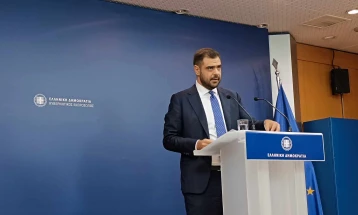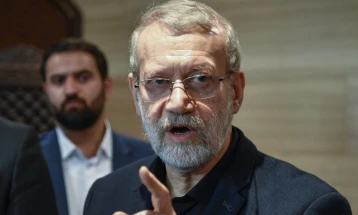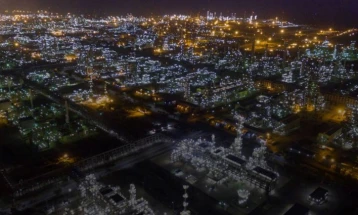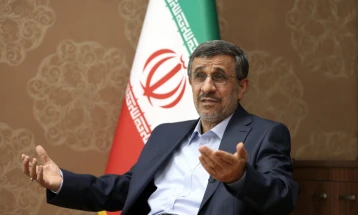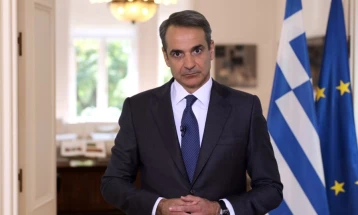Portugal votes in tight parliamentary poll as far-right gains support
- Portuguese voters are heading to the polls in early parliamentary elections on Sunday in which the ruling Socialists face possible defeat, however no clear winner was expected and all eyes were locked on the country's rising far right.
- Post By Angel Dimoski
- 10:24, 10 March, 2024
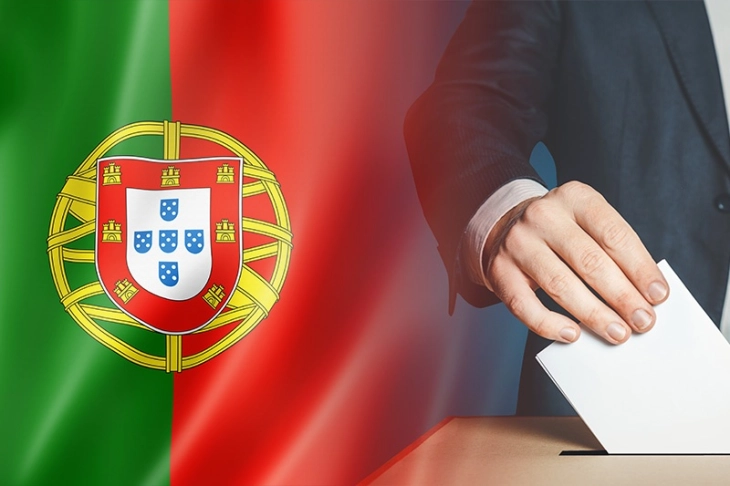
Madrid, 10 March 2024 (dpa/MIA) - Portuguese voters are heading to the polls in early parliamentary elections on Sunday in which the ruling Socialists face possible defeat, however no clear winner was expected and all eyes were locked on the country's rising far right.
The consensus among opinion pollsters was a narrow victory for the centre-right Democratic Alliance (AD) coalition over the Socialist Party (PS). The Socialists have held power in Portugal for eight years.
But neither of the two biggest mainstream parties are expected to achieve the absolute majority that the Socialists won by a wide margin at the beginning of 2022.
The two leading candidates, Luis Montenegro of the Democratic Alliance and Pedro Nuno Santos of the Socialists, will likely have to rely on forging agreements with smaller parties to form a government.
But that still may not deliver the requisite number of seats.
That's because the far-right party Chega (Enough) is predicted to make significant gains, improving from just over 7% of the votes in 2022 to perhaps between 15% and 20% this time.
Mainstream parties refuse to work with Chega, making coalition-building that much more difficult.
Given the tricky path to achieving a majority, many observers are already anticipating a fresh election in the summer.
Sunday's snap election was called after former Socialist prime minister António Costa resigned due to corruption investigations against him and other members of the government. To date, Costa has not been found guilty of wrongdoing.
Until last year, Costa was considered the favourite in the next regular parliamentary election, which was not expected until 2026.
In January 2022, Costa and his Socialist Party won an absolute majority in Lisbon's national parliament, the Assembleia da República. Prior to that, he had confidently led left-wing minority governments since the end of 2015.
After the difficult years of the euro crisis, Costa was credited for the much-celebrated Portuguese economic "miracle." Since 2016, economic growth in the small country has almost always been above the EU average and Costa won praise for his spending discipline.
However, several corruption scandals, including at the state-owned airline TAP, tarnished his reputation. The climax came in November, when Costa abruptly resigned after being caught up in an investigation revolving around suspicions of bribery and favouritism in the allocation of concessions for lithium mining and the production of green hydrogen.
Some 10.8 million people are registered to vote on Sunday, including a sizeable number of Portuguese who live abroad. Citizens will elect the 230 members of the Portuguese parliament.
Growing economic frustrations are on the minds of many.
A severe housing shortage and inflation are hitting the low-wage country particularly hard - and, according to political observers, providing fertile ground for the shift to the right.
Portugal has seen a growing wave of strikes, with doctors, teachers, police officers and many others walking off the job.
Photo: MIA Archive

